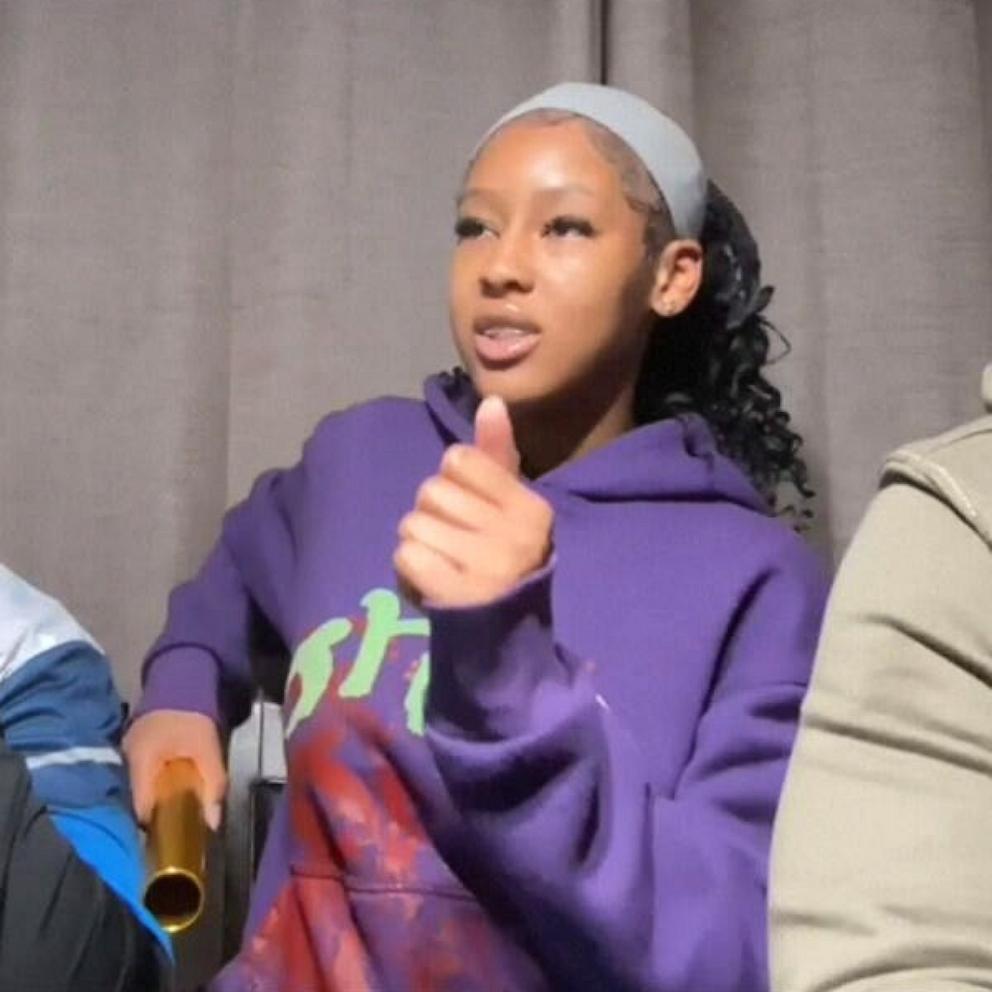FTC investigating Abbott and baby formula makers for possible collusion
The Federal Trade Commission is investigating infant formula makers, including Abbott Laboratories, to determine whether the companies colluded as they bid to secure profitable state contracts, according to a filing by the agency.
The agency is looking into whether companies "engaged in collusion or coordination with any other market participant regarding the bidding for WIC contracts," FTC Commissioner Alvaro Bedoya wrote in an April filing that was posted on the agency's website.
The FTC investigation is the latest inquiry into Abbott and its business practices. In February, the FTC and the Securities and Exchange Commission revealed they were looking into Abbott's infant formula business and bids for WIC contracts.
Abbott was also at the center of the baby formula shortage that hit families across the country last year.
A spokesperson for Abbott told ABC News on Wednesday it is "cooperating with the FTC’s requests."

The Wall Street Journal first reported on the investigation.
The state contracts, part of the federal Special Supplemental Nutrition Program for Women, Infants, and Children or WIC program, requires states to choose exclusive formula manufacturers in exchange for discounts. The formula products produced then get sold to low-income families who participate in WIC.
The FTC served Abbott with a civil investigative demand in January.
The potential of "collusion or coordination" raises questions of whether competing companies coordinated to split up market shares for optimal profits.
State WIC contracts can be lucrative for companies, with the winning bidder becoming the sole supplier for a contract for multiple years.
For decades, the formula market in the U.S. has been concentrated to only a few major companies who aggressively compete for state contracts and families' brand loyalty and money.
But WIC contracts also "create a lucrative 'spillover effect' on the manufacturer’s non-WIC sales of infant formula," Bedoya wrote in the FTC filing. The opportunity to further profit "may also create incentives to engage in collusive or coordinated market allocation," where formula companies act as sovereigns in their respective contract domains and agree to a bidding armistice with their would-be competition in neighboring states.
Companies could "agree not to bid against each other so that they can continue enjoying dominant positions in non-WIC markets in their respective states," Bedoya added.
Abbott, one of the largest formula makers in the U.S. and the company behind brands Similac and EleCare, is one of only three manufacturers that have bid on WIC contracts since 1996, according to Bedoya.

The scope of the FTC's probe also reaches beyond Abbott.
Nestlé, the maker behind Gerber baby food products, confirmed to ABC News it received a request for information from the FTC about its WIC contract bidding process.
"We can confirm that we, like other companies, received a civil investigative demand related to the WIC contract bidding process and have responded to the FTC," a Nestlé spokesperson said.
Meanwhile, Reckitt Benckiser, the conglomerate behind Enfamil, told ABC News they "don’t comment on any specific government investigations" but that the company "fully cooperates and complies with any regulatory and enforcement agency requests that we receive."
Abbott had attempted to get the FTC to limit the scope of their probe and said in an agency filing that the informational demand was a "significant burden and cost to the Company." The FTC declined to do so.
In their filing, Abbott notes they are "unaware of any factual basis to support the WIC-related investigation, and staff have not identified any reason to believe that Abbott or any of its competitors have coordinated or colluded regarding any WIC contract."
The FTC declined further comment to ABC News.







